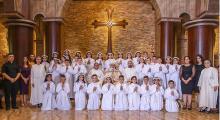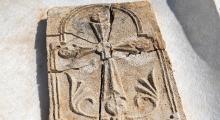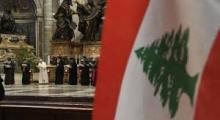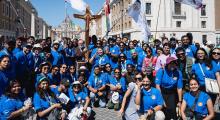Issued by the Catholic Center for Studies and Media - Jordan. Editor-in-chief Fr. Rif'at Bader - موقع أبونا abouna.org
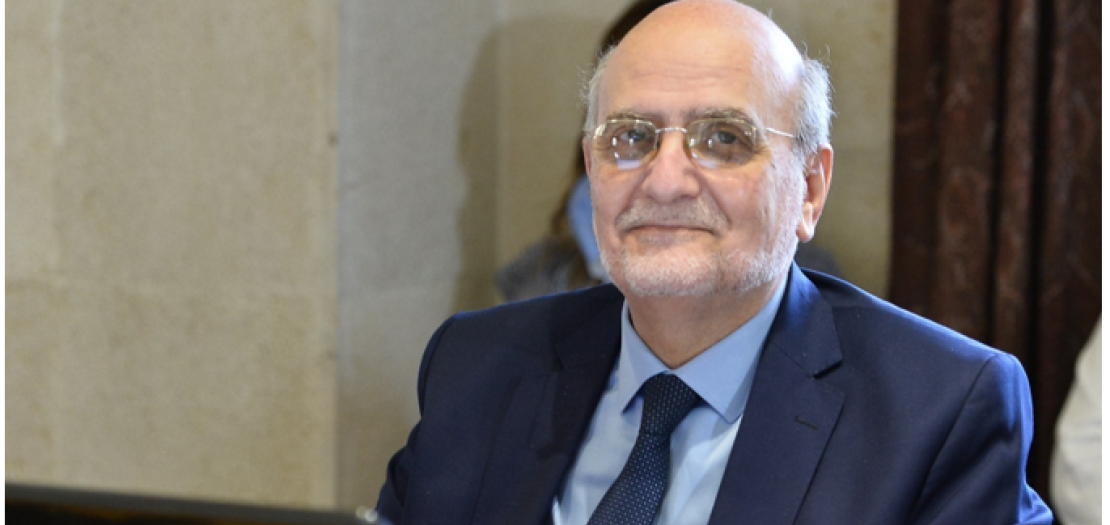
Five years have passed since the near-nuclear explosion of Beirut.
That day, the Lebanese believed the end of the world had come, that the skies had collapsed upon them, that they were heading toward the mouth of oblivion.
That day, destruction struck beyond the imagination of any sane mind, beyond the dreams of even the most despairing soul.
That day, the blood of the Lebanese watered the soil of their beloved capital.
That day, they saw their cherished “Lady of the East,” Beirut, in ruins—shattered lives, shattered buildings, remnants of a civilization.
That day, the conspiracy against the capital of light in the Antiochian Levant reached its peak, a convergence of betrayal, neglect, and self-interest to slaughter Beirut even before its crucifixion.
We say conspiracy, because we know that conspiracies are constantly woven against Lebanon, day and night, to drain it of its remaining energy and dignity.
We say betrayal, because we know how many traitors seized the country’s resources and handed them over to enemies.
We say neglect, because we know that some institutions charged with managing the nation are marked by sheer negligence.
We say interests, because we know that in the absence of accountability and the height of selfishness, Personal interests, for some, come before the fate of the homeland.
Yes! Because of all this, Beirut was slaughtered, its blood spilled, its people displaced, its architecture crumbled.
Because no one cared, because those who should be held accountable cast blame on others, Beirut reached this tragic state.
But amid all of this, there were those who brought forth the bright face of Beirut, the face of the Lebanese people, and of our beloved Arab brethren.
The press is full of accounts of heroism by paramedics, nurses, volunteer firefighters, civil defense, and especially our security forces—army and internal security.
Honorable stories include private and public institutions, medical and otherwise, that went beyond the call of duty to treat the wounded and serve a bleeding Beirut.
They also include ordinary people, civilians, who fulfilled their national duty with spontaneity, determination, and strength.
Despite the many flaws of the Lebanese, we can say the Beirut port explosion proved that the Lebanese are a reliable people, a people with a high sense of responsibility, a living national and humanitarian conscience.
This is the nation of the Phoenix, the firebird, able to rise from the ashes and soaring once more.
Alongside this pure, symbolic scene, it remains that justice for Beirut and its people has yet to be served.
The Lebanese, especially the people of Beirut, are still waiting for justice for their victims, for their city.
They are still waiting for the perpetrators, yes, the perpetrators, to be revealed and publicly named, for a unified voice to cry out: "What have your hands done?"
The people of Lebanon and those who love them, the city of Beirut, the capital of freedoms, knowledge, art, and light, still sit in the waiting room, waiting for their executioners to be named, one by one.
Naming them will not bring back the dead. It will not rebuild what was destroyed. But naming them may at least promise a brighter tomorrow, adorned with justice.
As part of the broader effort to rebuild state institutions, the visionary President is working to restore vitality to the judiciary, to strengthen its backbone once again, so it may return to its former glory, a jewel of legal systems worldwide.
In this, there is hope, that things will be called by their true names, because, quite simply, justice remains the foundation of sovereignty.


